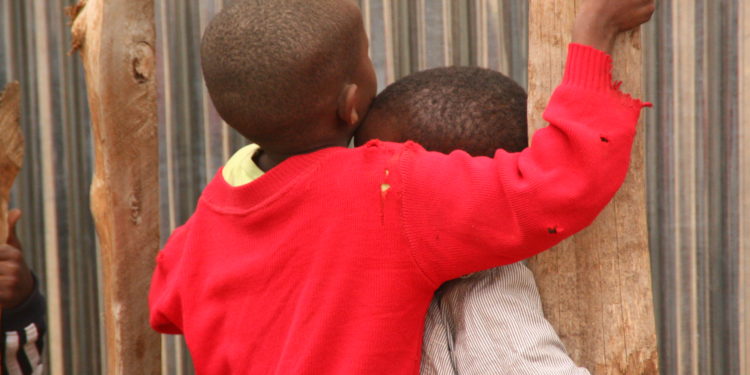By Joyce J Wangui
Former UN Special Rapporteur on Violence Against Women, Rashida Manjoo, with
the Secretary to Kenya National Commission on Human Rights Patricia Nyaundi.
Government should have been more vigilant to ensure women were not sexually violated during the post-2007 election crisis in Kenya, an expert witness told the High Court this week.
Rashida Manjoo, a former UN Special Rapporteur on Violence Against Women, was testifying as an expert in a constitutional petition filed by eight survivors of the post-election sexual violence in the High Court in Nairobi.
She said that anticipating harm, including sexual violence, is a responsibility that states must adhere to and failure to do so should have it held accountable. “The court needs to remind the state of its responsibility and due diligence,” she added
Presiding Judge Isaac Lenaola heard that women were viewed as ‘fair game’ and recipients of the chaos, thus became susceptible to the systematic rapes that underlined the violence.
Violence perpetrated against women in conflict situations, she added, reflects the continued abuse that women go through in peace times. “Women are vulnerable all the time but the situation gets more exacerbated during conflict,” said Manjoo, who is a professor of public law at the University of Cape Town, South Africa.
In her previous role as UN Special Rapporteur, Manjoo monitored and reported on states’ compliance in responding to and preventing violence against women. She told the judge that the State’s inability to prevent the violence stemmed from its lack of understanding that sexual and gender based violence is a human rights violation.
Investigations and prosecutions are crucial when human rights violations have reached the threshold of being widespread and systemic – as was the case in Kenya, she added.
During her examination, Manjoo cited two forms of violence-one that is directly perpetrated by state agencies like the police, and the other that is condoned by the state.
In Kenya’s example, the Commission of Inquiry Investigating the Post-Election Violence found that the police were responsible for over 900 cases of rape – a figure civil society groups say is just a tip of the iceberg.
The other violence, she noted, is condoned by the state. It may occur with the state knowing what is going on but turns a blind eye. This lack of accountability is what the survivors want the court to address.
The six women and two men, who filed the petition on behalf of many others, are asking the court to find that the government failed to protect their rights during the electoral violence.
State counsel, in their cross-examination, said majority of the women did not report their violations to the police and that the government should not be held responsible for the women’s silence.
“Are there circumstances where the State will one hundred percent prevent sexual and gender based violence during conflict?” asked lawyer Edwin Okello of the Office of the Director of Public Prosecutions.
“The problem is not the 100 per cent degree. My conclusion is that no one country has the effective measures to combat violence against women but the state has a duty to protect women from such vulnerability,” said Manjoo.
She argued that silence comes not from a place of choice but a place of the State not upholding its responsibilities.
The eight survivors, with support from the Coalition on Violence Against Women, the Independent Medico-Legal Unit, the Kenya Section of the International Commission of Jurists, and Physicians for Human Rights, filed the petition in February 2013.
The case seeks to compel the government to address the sexual violence that occurred during the crisis and to compensate victims. Specifically, survivors want the State to acknowledge the harm they suffered and to begin credible investigations, prosecutions and provide reparations including medical and psychological support.







